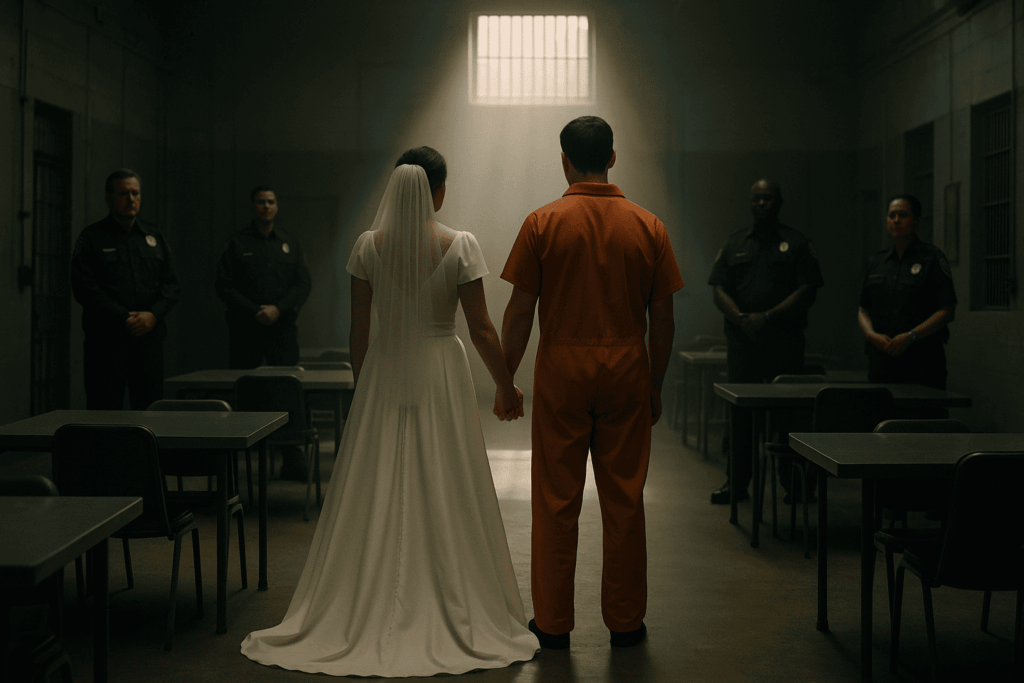Getting married in prison isn’t some wild Hollywood script. It’s a real thing that happens more often than most people think. And no, it’s not just about conjugal visits – those are rare and not allowed in most U.S. states anyway. This is about something deeper: love, loyalty, hope, and sometimes, legal strategy.
Across the United States, incarcerated individuals have the legal right to marry. That’s not a loophole or a maybe – it was cemented by the Supreme Court back in 1987. Even people serving life sentences can say “I do.” Of course, just because it’s legal doesn’t mean it’s easy. There’s paperwork, approvals, background checks, and often, a whole lot of waiting. But people still do it. Every single year.
Let’s say you’ve got a partner behind bars in a state prison. The first step is typically filing a marriage request with the warden or facility administrator. Some states, like California and Texas, have a standardized process – forms to fill, fees to pay, and clear guidelines to follow. In other states, it’s a bit more unpredictable. You might need to coordinate with the county clerk or even go through a court hearing if the prison is reluctant. COVID-19 changed a lot too – some places allow virtual ceremonies now. Yep, people are getting married on Zoom from inside prison walls.

So why do people do it? Sometimes it’s a matter of love, plain and simple. Other times, it’s a form of emotional survival – a way to feel human, connected, remembered. Some inmates say it gives them something to look forward to, something to protect. There’s also the legal angle: spouses might be able to visit more often, receive more information, or gain some say in medical decisions. In rare cases, a marriage might even influence parole outcomes – not directly, but it can reflect positively on the inmate’s support system.
But let’s be real – marriage in prison isn’t like marriage outside. There are no honeymoons. No spontaneous date nights. In some states, like New York or Washington, conjugal visits (also known as extended family visits) are permitted under strict conditions. But in most places? Forget it. Physical contact is limited to what’s allowed during regular visitation hours – if you’re lucky.
Then there’s the emotional toll. For the person on the outside, being married to someone who’s locked up means handling birthdays, holidays, and even emergencies alone. For the inmate, it means knowing you can’t be there when your partner needs you most. It takes guts. It takes patience. And it takes a level of trust that most relationships never even touch.
Still, people do it. They buy the cheap rings. They write the vows. They say yes in visiting rooms surrounded by guards, cameras, and rules. And in those moments, for just a little while, it feels like the world softens – like love can stretch through concrete walls and barbed wire fences and still feel like forever.
Whether you’re in California, Florida, Ohio, or anywhere in between, marrying someone in prison comes with a unique set of steps and challenges. It’s not for everyone. But for those who choose it, it’s real, it’s binding, and sometimes – it’s the only light in a very dark place